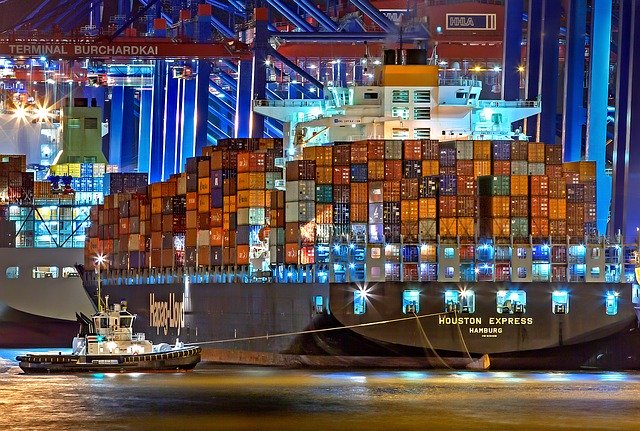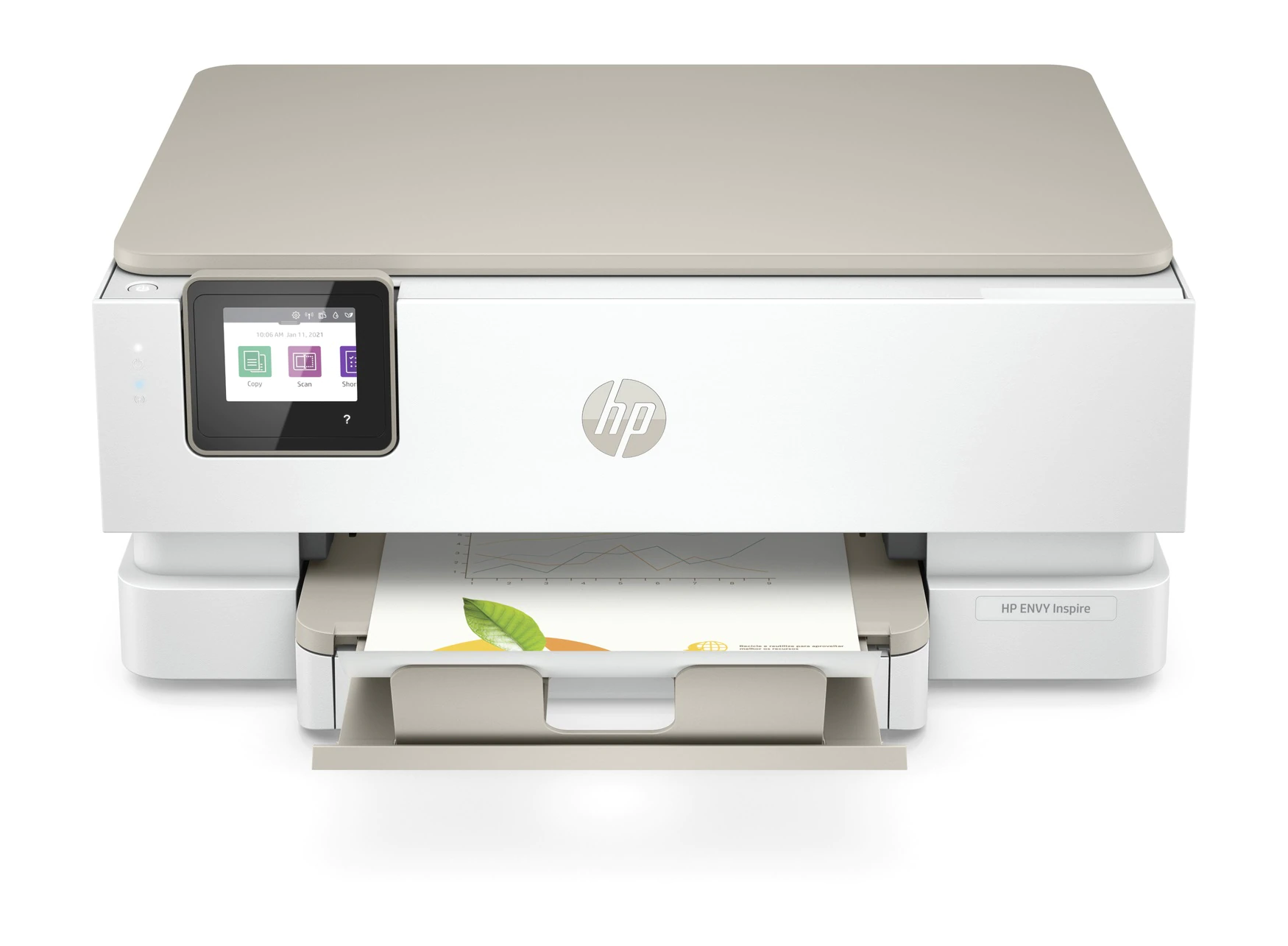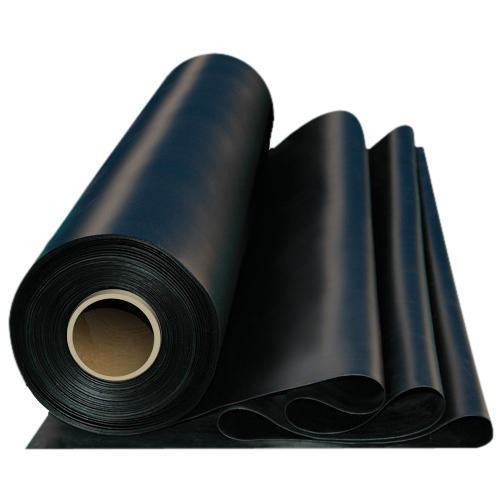How to Ship Goods to Nigeria – The Ultimate Guide
How to Ship Goods to Nigeria – The Ultimate Guide.
Shipping to Nigeria is a tricky business. From the bureaucratic and technical requirements to the cultural and social aspects, it’s not easy to figure out how to do it. Whether you’re shipping goods for an international business or for personal reasons, this guide will provide all the information you need in order to be successful.
This guide will help you understand the various types of shipments, including personal shipments and commercial shipments. It will also explain what you need before shipping your freight. Plus, it will outline everything that happens after your shipment leaves your door, from paperwork to customs clearance and delivery options. With this information, shipping goods to Nigeria is now within reach!
Customs Requirements
Nigeria is a highly developed country with a lot of strict regulations when it comes to transporting goods. These regulations include customs clearance, which consists of the following:
– Documentary Clearance
– Export Declaration
– Registration with the Department of Commerce and Industry, Ministry of Commerce and Industry
– Customs Tariff Classification and Valuation
– Packaging Approval
The process can be complex, but this guide will help you navigate through the process seamlessly. So don’t worry about your shipment being delayed by bureaucracy or having to pay exorbitant fees at customs. Just follow these steps and you’ll have all the information you need to know in order to ship your goods safe and sound!
Shipments from Nigeria
Shipping from Nigeria can be complicated. There are a lot of government and bureaucratic requirements that must be met, and the process can be long, difficult, and expensive.
However, if you want to ship goods or freight to Nigeria or anywhere else in Africa for that matter, here is everything you need to know about how to make it happen.
First, let’s start with what type of shipment should you consider shipping. There are two types: commercial shipments and personal shipments.
A commercial shipment is used by businesses looking to move bulk cargo like oil or chemicals from one country to another. A personal shipment is a smaller amount of cargo meant for a person’s personal use. Freight shipments will include items sent via air service but also include items that are mailed through the postal service.
Next comes the document requirements–you must have an Import Certificate before you can ship anything into Nigeria. The Import Certificate certifies that your goods comply with all Nigerian import regulations and bring nothing negative (e.g., harmful pests) into the country with them.
The Import Certificate must be issued by either Nigeria Business Registration Agency (NBR), the Federal Inland Revenue Service (FIRS), or Customs Division of Nigeria
Shipping from Nigeria
Shipping from Nigeria is a tricky business. There are so many things to consider, from the bureaucratic and technical requirements to the cultural and social aspects.
If you’re looking for a guide on how to send goods internationally, this is it! Whether you’re shipping goods for an international business or for personal reasons, this guide will provide all the information you need in order to be successful.
This guide will help you understand the various types of shipments, including personal shipments and commercial shipments. It will also explain what you need before shipping your freight. Plus, it will outline everything that happens after your shipment leaves your door, from paperwork to customs clearance and delivery options. With this information, shipping goods to Nigeria is now within reach!
Paperwork and Other Requirements
Before shipping your freight, there are a few things to consider. Your shipment requires customs clearance and paperwork in order to be accepted by the Nigerian Customs Agency.
There are two types of documents you’ll need for your shipment:
– A declaration form that is filled out by the exporting company and signed by the president or CEO of that company
– The “Declaration for Export Goods” form, which is filled out by the exporter and submitted to the country’s customs authorities
What to Do After an International Shipment Leaves Your Door
Before you ship your goods to Nigeria, you need to make sure that you have all the necessary documentation with you. This includes a bill of lading, marine insurance, and labels for the shipment. When your goods leave your door, they’ll be accompanied by a bill of lading. This is an official document that is given by the shipping company that assures the consignee (you!) that they are taking possession of the merchandise. It also protects both parties from any liabilities or disputes that may arise.
If you’re shipping internationally, there are also customs clearance steps to take before sending your shipment on its way. These customs clearance steps vary depending on how long it takes for your goods to clear customs in Nigeria. Your shipment must pass through three different phases: “Inbound”, “Clearance”, and “Outbound”.
What to Do After a Local Shipment Leaves Your Door
To ship goods to Nigeria, you’ll need a valid import permit. The permit will tell the Nigerian government what your business is importing and how much. There are also other requirements that must be met before you can ship anything to Nigeria.
Before going through with an international shipment, make sure you’ve read up on these important steps:
– Obtain a valid import permit
– Make sure you have all necessary documents for customs clearance and arrival of your goods in Nigeria
– Check if it’s possible to use any shipping option other than Standard Service (i.e. expedited shipping)
Conclusion
With this guide, you’ll know all the necessary steps to ship your goods to Nigeria. Plus, you’ll now have a few tricks up your sleeve for when your shipment arrives.
If you’re ready to ship goods to Nigeria, you’re in luck. It’s relatively easy to get goods shipped where you want them to go, starting with this guide by the experts.








LEAVE A COMMENT
You must be logged in to post a comment.